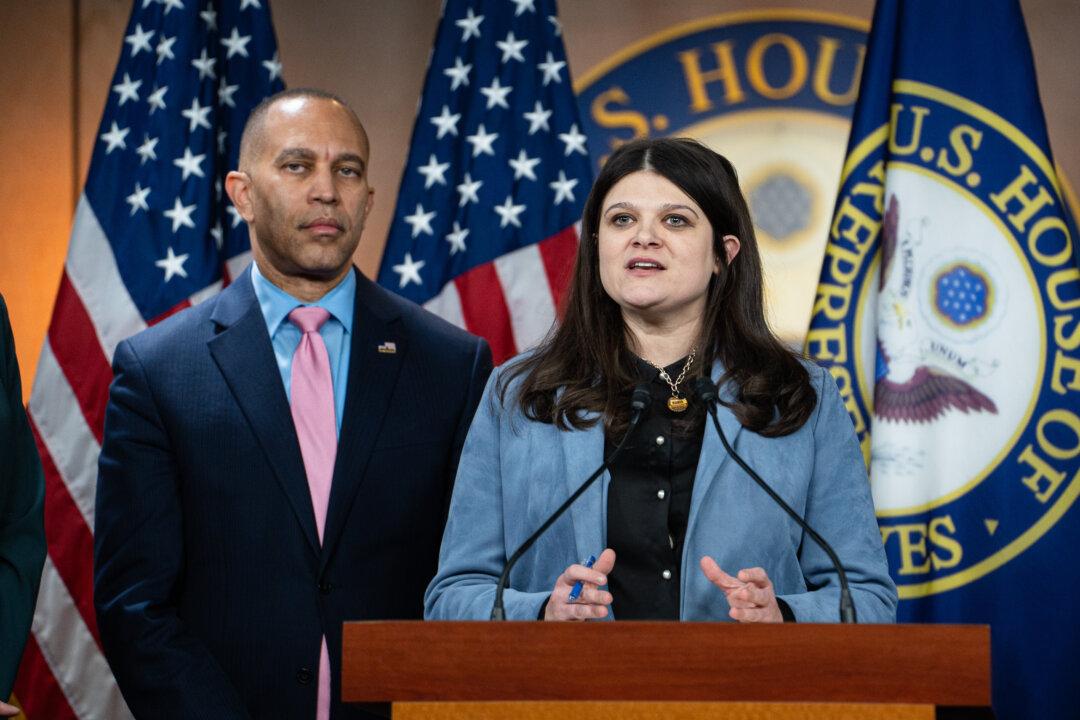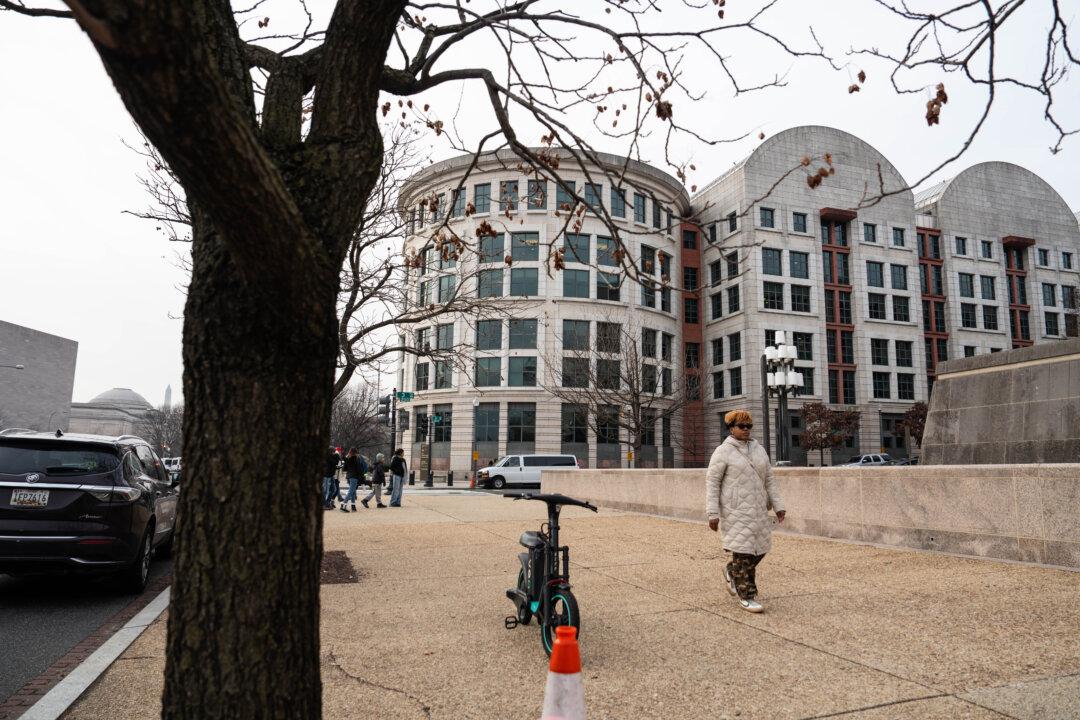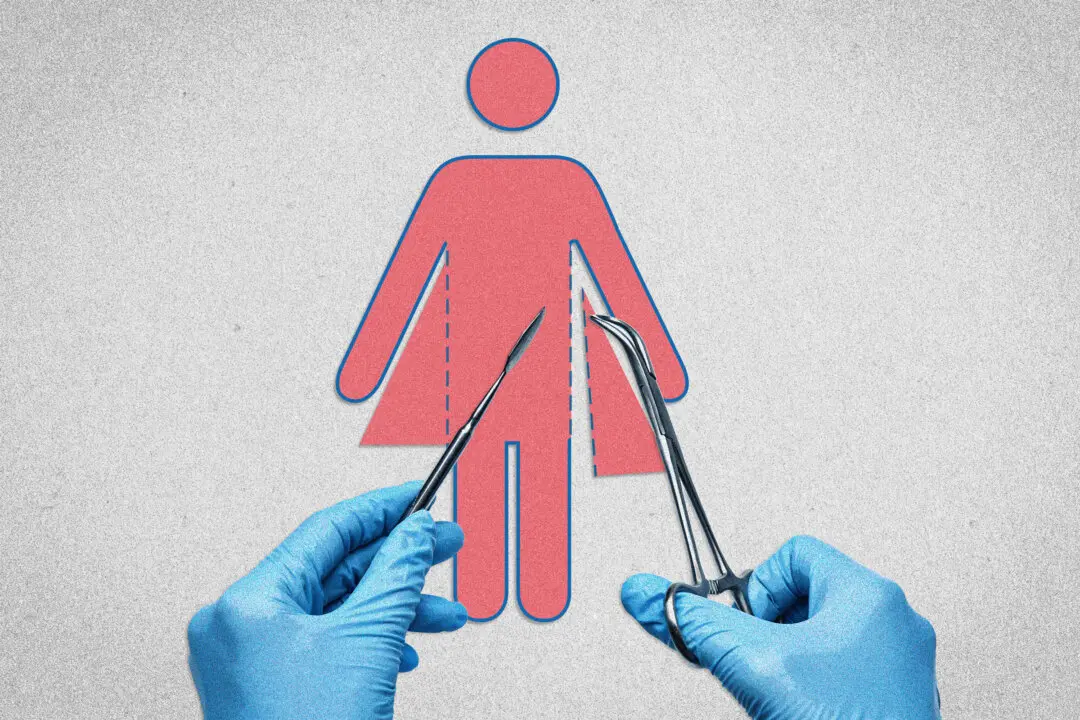House Minority Leader Hakeem Jeffries (D-N.Y.) announced on Feb. 6 new legislation to limit the Department of Government Efficiency (DOGE) and Elon Musk from accessing the U.S. Treasury’s Bureau of the Fiscal Service payment data.
“Why do Elon Musk and his minions need access to the names, Social Security numbers, addresses, birth dates and bank account information of millions of Americans?” Jeffries asked at a press conference.





